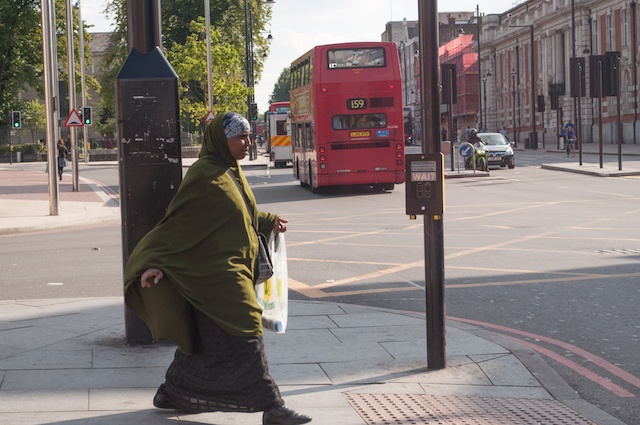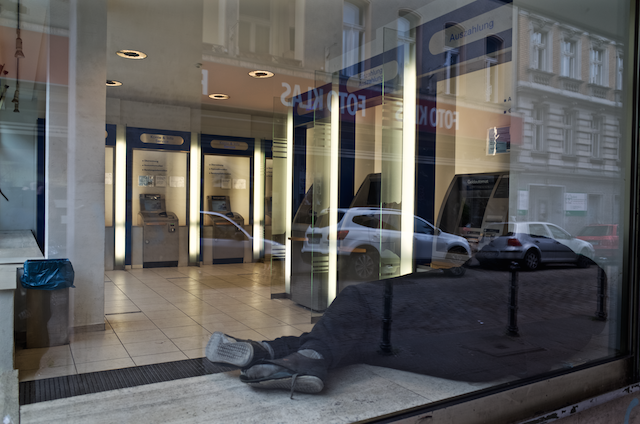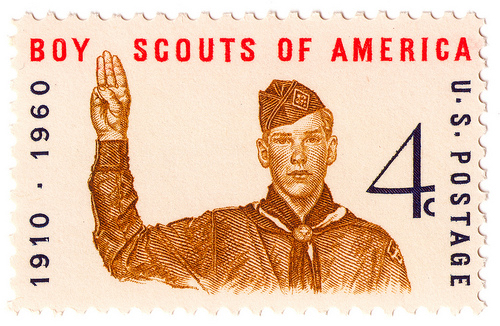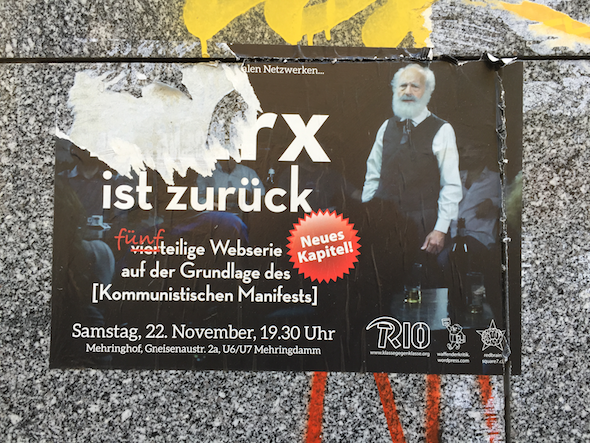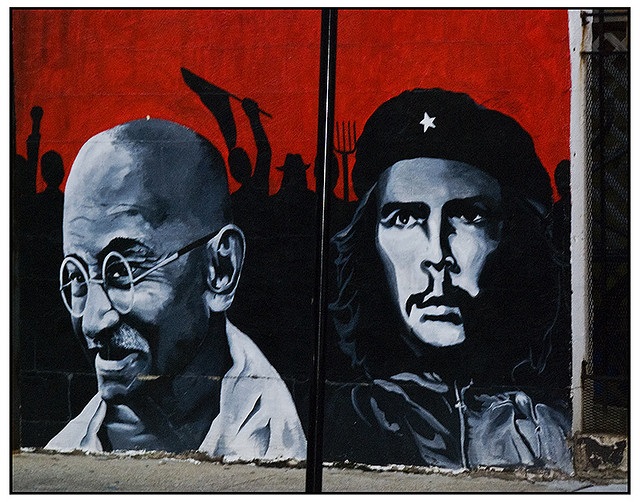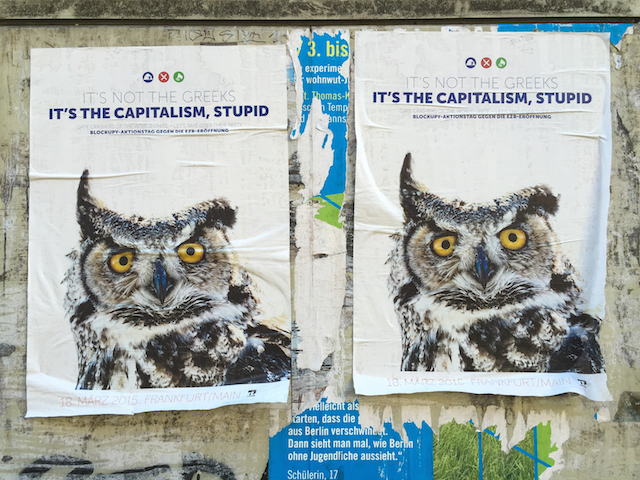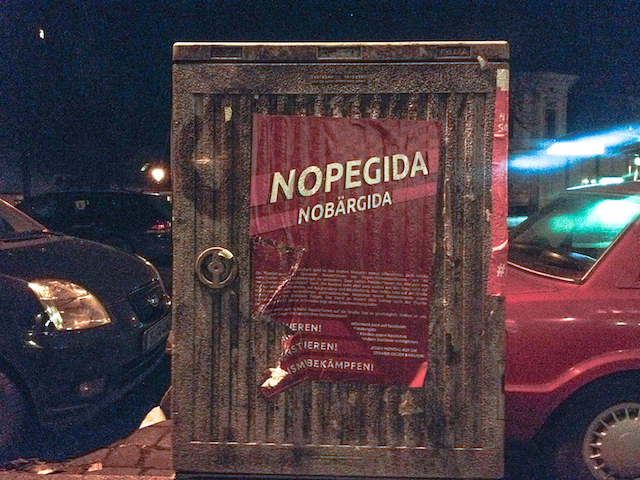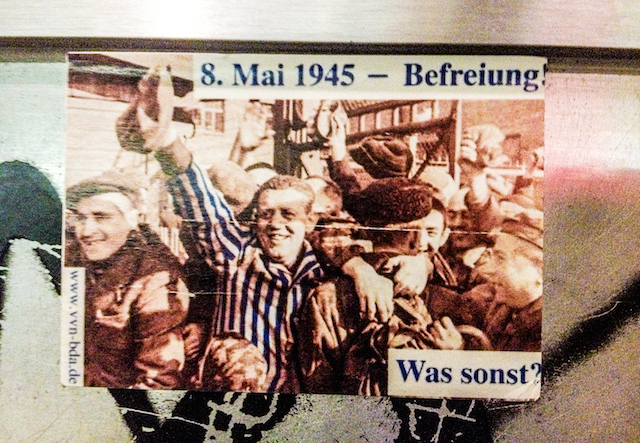At a symposium sponsored by NASA in 1993, science fiction writer Vernor Vinge postulated that within thirty years, we would create a sentient artificial entity with superhuman intelligence. “Shortly after, the human era will be ended,” he concluded. This event, which he termed “the singularity” would change the balance of power on this planet, as humans would not be the smartest beings in the world. (More…)
Reads
The sentiment of Continental Europe towards Islam — I do not speak of England — is still one of social hostility and political aggression. In spite of all the changes which have affected religious thought in Catholic Europe, and of the modern doctrine of tolerance, none of the nations by which Islam is immediately confronted by have changed anything of their policy, since they first resolved to recover “Christian lands lost to the infidel.” (More…)
The world is on the cusp of the greatest transformation of the nature of work since the industrial revolution of the 19th century, if not, arguably, since the invention of the wheel. The confluence of developments in cybernetics, robotics, and artificial intelligence will, in all likelihood, result in transformations so profound as to rewrite the rules governing human societies, if it does not wipe them out entirely. (More…)
I for one regret that the old Pax Romana was broken up by the Arabs; and hold that in the long run there was more life in that Byzantine decline than in that Semitic revival. And I will add what I cannot here develop or defend; that in the long run it is best that the Pax Romana should return; and that the suzerainty of those lands at least will have to be Christian, and neither Moslem nor Jewish. (More…)
The most important trend in recent historiography of the Cold War has been an expansion in interest in subjects outside tthe politico-military, and the economic. Twenty years ago, when Heide Fehrenbach published Cinema in Democratizing Germany, the perception that cultural issues were secondary was still widespread among scholars (particularly historians) of the postwar era. (More…)
Sometimes, you can’t tell how much a book has moved you until many years after you first encounter it. This past October, I took a trip Flagstaff, a town I’d somehow managed not to visit in fourteen years of living in Arizona. After a mostly sleepless night of coughing, I forced myself to drive north towards the Grand Canyon. That’s when I remembered Tony Hillerman. (More…)
The pale, yellow light of the waning day streamed through the dusty window panes of the little cigar shop, and across the bench where old Hans Fritzsche worked and hummed the melody of Der Freiheit the while. (More…)
When attempting to assess the work of the Slovenian philosopher Slavoj Žižek, one is tempted to do as Richard Bernstein did in a piece about Habermas in the 1980s and write two columns: one showing what a sympathetic, the other what an unsympathetic critic would say. (More…)
There’s a point in Don Letts’ Clash documentary Westway to the World where bassist Paul Simonon talks about the uncertainty that they all felt about their status after they’d signed their first record contract with CBS Records (for £100,000) in January 1977. (More…)
He was running across our rows for the first time. He was creating a new block out of us, the “zugangs” (new arrivals.) He was seeking, among unknown people, some men to keep order in the block. Fate willed it that he chose me, he choose Karol Swietorzecki (a reserve officer of 13th cavalry regiment,) Witold Rozycki (a good fellow from Warsaw,) and several others. (More…)
We were terribly thirsty. Pots with some beverage were just delivered. The same people, who had been killing us, were distributing round mugs of that beverage along our ranks, while asking: “Was bist du von zivil?”We got what desired, that is (a) beverage, and replied some trade, a worker or a craftsmen. And those pseudo-people, while beating and kicking us, shouted:… “Hier ist Auschwitz – mein lieber Mann!” (More…)

